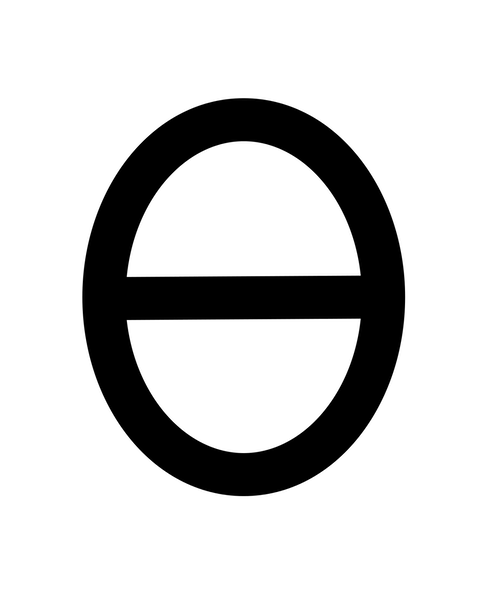
When I was working on my Ph.D. in Philosophy, I became obsessed with a problem that was presented to me in Sigmund Freud’s Civilization and Its Discontents. In that work, Freud explains that it should be no surprise to humans that nature is indifferent to our happiness. When a hurricane destroys a village, we aren’t angry at the hurricane because the hurricane doesn’t care whether there is a village in its path or not.
Society, he explains, is different. Ostensibly, we humans construct society for our mutual good. In spite of this, however, it feeds back on us in often violent and unpredictable ways. His question was why? It’s important to note that he was writing this just 10 years after Germany had surrendered in World War I and five years before Hitler would come to power. In other words, his study of how society turns against those who have created it wasn’t only an academic question.
It was never an academic question for me either. In fact, I left my Ph.D. program to grapple hands on with social power structures to understand how they really worked–this was the beginning of my entrepreneurial career. Throughout that career, I built companies that were in some way subversive to what I viewed as unjust social power structures. What I reluctantly learned through building six such companies over the course of 20 years is that if you want to build a successful company, don’t try to change the way people do things, rather make it easier for them to do what they already want to do.
The youngest me would look at hurtful social structures, and naively believe that since we, as humans, had created them, we, as humans, could change them. A favorite line of mine was, “It’s not like they’re the immutable laws of physics.” A somewhat older and wiser me began to say the exact opposite, “Social structures are as real and intractable as the laws of physics.”
That didn’t deter me though. I still believed that in some way, our unjust social structures were illicitly foisted upon us, not by anyone in particular, but rather simply because it was really hard for us humans to control them. In other words, I felt that it was a technical problem, and that if we could just build the right institutions and the software to support them, we’d be able to create a society that would better serve us all. That’s not, however, the conclusion that Freud came to.
When I would discuss his work and its relationship to my life’s mission, I would say that although he had perfectly framed the question, he had ultimately come to the wrong conclusion. His conclusion was that society was a violent and destructive force because there was an equally violent and destructive force inside each of us. Ironically, he called this force, the “death drive”. In other words, Freud believed that society is a reflection of what’s inside each of us.
After 20 years of trying to prove Freud wrong, I must finally concede this point in part at least. The fact is, no matter what soothing stories we tell ourselves about how we humans control the course of our societies, that fact is that we don’t control them at all. Rather, society is a reflection of who we are. It isn’t something we create, rather it is something born. It is a large-scale, spiritual entity that feeds back on us exactly what we as individuals transmit.
I still, however, don’t entirely believe in Freud’s death drive. I don’t believe that we humans are inherently violent and destructive, and so shall our society endlessly perpetrate violence against us. Make no mistake, there may well be some violent and destructive tendencies deep within us, but what I also know about humans, is that we are capable of change. We, as individuals, are not just what we are born to be. We can overcome.
So you say want a revolution? Well you know, you better free your mind. For society will never change unless we as humans change. And for us to change, we can’t just keep believing the way we’ve always believed. The good news however, is that if we, individually and collectively, can find the courage to accept that hardest truth of our own eventual non-existence, that we will change, and once we have transformed ourselves, almost without trying, an equally great change in society will follow.
